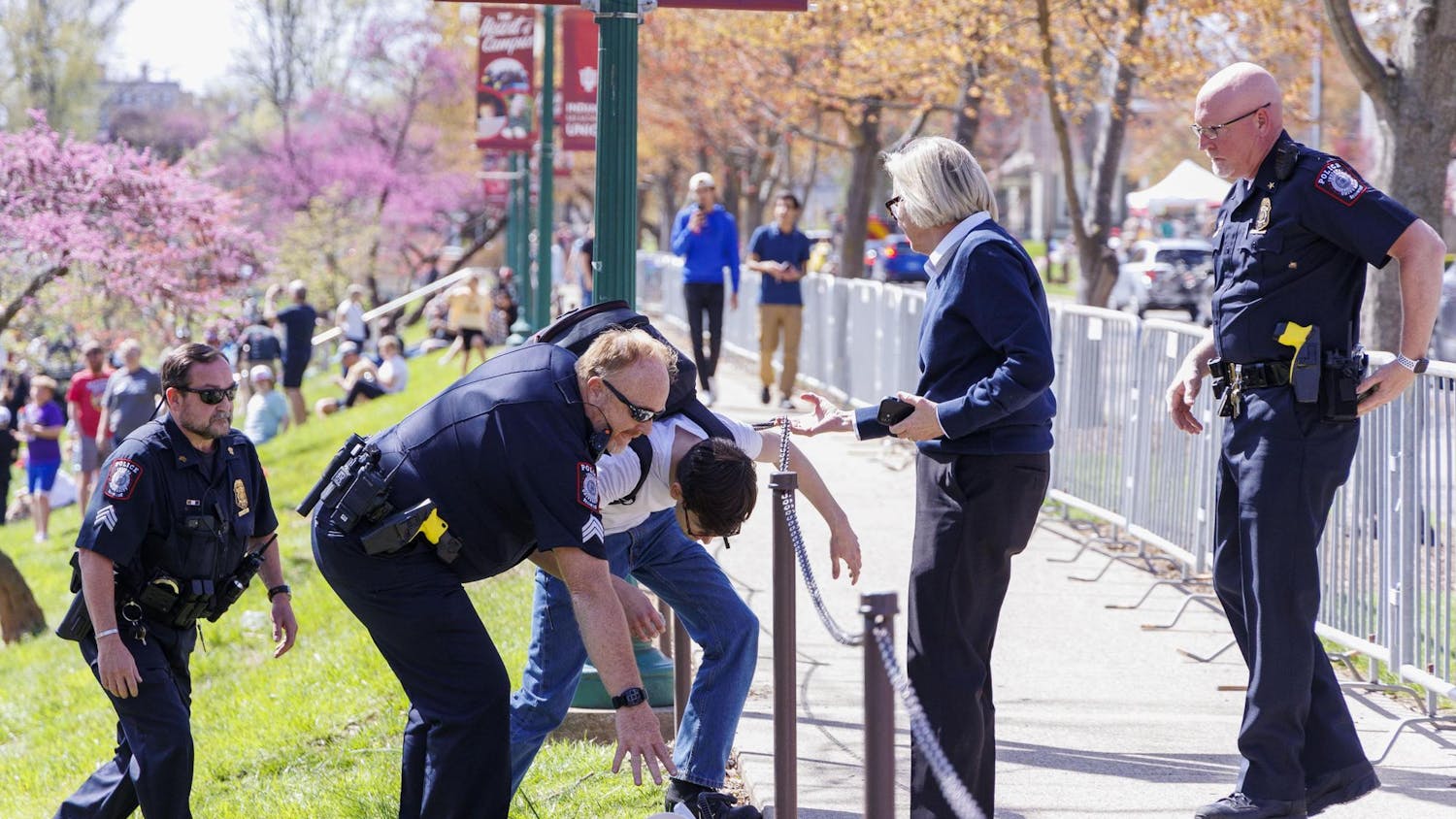Beginning this week, a Terre Haute prisoner will bring his struggle for equal rights to a federal courtroom in Indianapolis.
John Walker Lindh, an American-born Taliban fighter, rightly claims that his right to practice his religion has been violated by a prison policy that prohibits group prayer.
Lindh’s particular branch of Islam requires group prayer five times daily, but the prison allows for only one group prayer session a week.
The American Civil Liberties Union’s chapter in Indiana, which represents Lindh, claims this policy violates the Religious Freedom Restoration Act.
The act, passed in 1993, requires that policies touching on religion represent a “compelling government interest” and be the “least restrictive means” of accomplishing that goal.
Opponents of Lindh’s request claim the policy protects corrections officials and ensures the security of the facility.
And if the prisoners were already kept separate for most of the day out of a concern for security, this point would at least be logical.
But Lindh’s interactions with his fellow inmates are not restricted in any other way.
During the day, the unit is open, and inmates can mingle, talk, play games and watch television.
The only thing that keeps Lindh and his fellow Muslims from coming together to pray during this time is the policy of the prison that explicitly forbids their worship.
Even if the prison were truly concerned about security in this case, Lindh’s basic human right would still be violated.
Contrary to the idea of the Religious Freedom Restoration Act, basic human rights should always supersede a compelling government interest.
As satisfying and cathartic as it may be to strip an individual of his humanity based on his inhumane actions, the fact remains that we have a responsibility to respect the inherent dignity of our fellow man.
Terrorists, saints and the rest of us all have at least one thing in common.
We’re all human. Incarceration takes away a lot of what reminds us of that fact.
This prison’s cold attempt at a cost-benefit calculation with respect to the lawful practice of religion represents a disregard for the basic right of human beings to do so in the first place.
This prison has no right to determine what level of human dignity these individuals are entitled to.
They are entitled, by virtue of the fact that they exist, to the full and equitable practice of their religion, regardless of their actions or circumstances.
It is the duty of the prison and a democratic state to oversee that practice, not regulate it.
— drlreed@indiana.edu
Let the people pray
Get stories like this in your inbox
Subscribe





